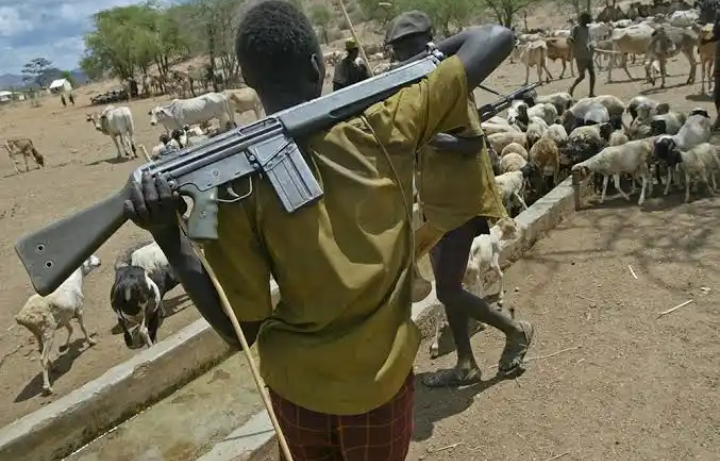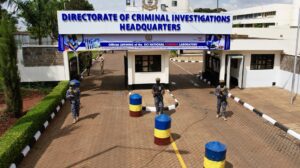The Maralal-Baragoi road in Samburu County has become a significant focal point of concern due to its link to insecurity and banditry in the region.
The road, notorious for its poor condition, has not only hampered transportation but has also become a strategic advantage for bandits, who exploit the terrain to carry out attacks on residents and travelers.
The killing of Ang’ata Nanyekie MCA, Stephen Leshimpero, in February 2024 by bandits along this road, highlighted the urgent need for infrastructural improvements to enhance security.
This tragic event prompted a visit from then-Transport Cabinet Secretary (CS) Kipchumba Murkomen, who announced that Ksh 50 million had been allocated for the grading of the Maralal-Baragoi road.
This funding was part of a broader initiative to improve road infrastructure as a means to curb insecurity and support anti-banditry efforts in the area.
However, six months after the allocation, there has been little to no visible progress on the road.
The delay in the commencement of grading has drawn criticism, particularly as the road remains a key enabler for bandit activities. Local leaders and residents have expressed frustration, pointing out that the ungraded road continues to facilitate the bandits’ ability to ambush, rob, and kill without much resistance.
CS Murkomen acknowledged the historical neglect of road maintenance in the region, stating that the Maralal-Baragoi road, classified under the A4 category, has long received inadequate funding for its upkeep.
He also mentioned that the government had plans to secure further financing to eventually tarmac the 400-kilometer stretch from Maralal to the Kenya-Ethiopia border, a move expected to provide a more permanent solution to the insecurity issues.
Despite these promises, the lack of immediate action on the ground has left the local community vulnerable.
The continued dilapidation of the road not only affects daily life but also undermines security efforts, making it easier for criminals to carry out their activities.
The situation has become so dire that local leaders have urged the government to prioritize the road’s renovation, arguing that proper infrastructure is more effective in combating banditry than intermittent security operations alone.
The Maralal-Baragoi road situation underscores the broader challenges faced in infrastructural development in Kenya’s remote and marginalized regions.
The delay in addressing these issues not only hinders development but also exacerbates security challenges, making it imperative for the government to expedite the promised improvement.





















Add Comment